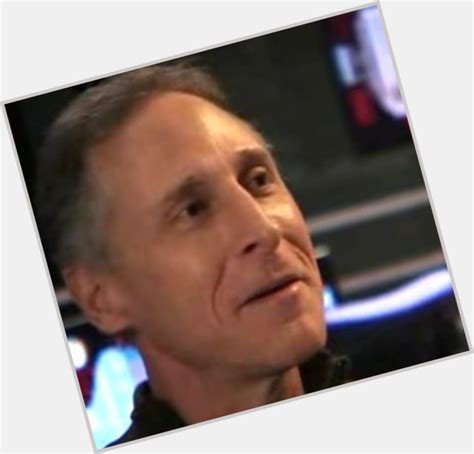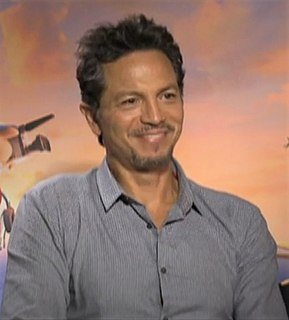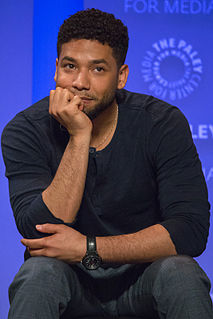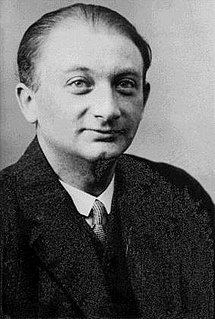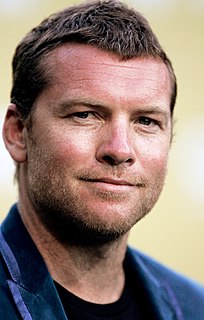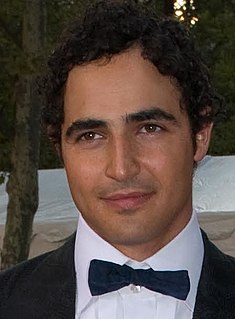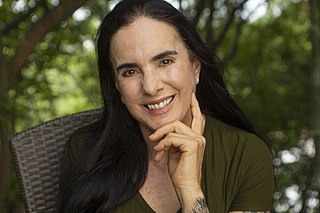A Quote by Alycia Debnam-Carey
If one sibling does something, the other will fill the opposite role. I found, at least for my brother and I in real life, that seems to be a thing.
Related Quotes
When you're working opposite Halle Berry, you're going to get a lot. So you have to give a lot. That said, what I've found striking in the past few days is that people are aware of a good chemistry that exists between us on screen. If that's so, it's due to the fact that she and I have a real liking for each other in real life and a real mutual respect.
Does religion fill a much needed gap? It is often said that there is a God-shaped gap in the brain which needs to be filled: we have a psychological need for God -- imaginary friend, father, big brother, confessor, confidant -- and the need has to be satisfied whether God really exists or not. But could it be that God clutters up a gap that we'd be better off filling with something else? Science, perhaps? Art? Human friendship? Humanism? Love of this life in the real world, giving no credence to other lives beyond the grave?
Reading a poem is a real thing, a worthy thing. So to be there right with the reader at that moment is part of the effect of a title like "Poem for" something or other. Matt Rohrer does this a lot in his titles, and I think I might have gotten some of the idea to do this, or at least been reminded of how it can work, from his recent amazing books.
When you learn conflict-resolution skills in the playroom, you then practice them on the playground, and that in turn stays with you. If you have a combative sibling or a physically intimidating, older sibling, you learn a lot about how to deal with situations like that later in life. If you're an older sibling and you have a younger sibling who needs mentoring or is afraid of the dark, you develop nurturing and empathic skills that you wouldn't otherwise have.
Too many people believe that one big, public success will solve their self-confidence problems forever. That only happens in the movies. In real life, the opposite strategy is what works. Call it the small victo-ries approach. In time you will discover that all failing really does teach you something you needed to know- so you can regroup and stretch again, with ever more...nerve.
Although the noise of the chattering clientele is much more significant than the topics of their chatter, it does finally constitute that type of social and indistinct expression that we refer to as rhubarb. The very particular volume in which people tell each other their news seems to generate all by itself that acoustic chiaroscuro, a sounding murk, in which every communication seems to lose its edges, truth projects the shadow of a lie, and a statement seems to resemble its opposite.
In such a fast-paced world, gathering people around a table to share a meal allows everything to slow down. I would ask people to sit at least once a week around a table and just enjoy each other's company. Give them the time to talk, laugh, and fill their bellies. It seems like a small thing, but it can bring so much joy to so many people.
I studied Comparative Literature at Cornell. Structuralism was real big then. The idea of reading and writing as being this language game. There's a lot of appeal to that. It's nice to think of it as this playful kind of thing. But I think that another way to look at it is "Look, I just want to be sincere. I want to write something and make you feel something and maybe you will go out and do something." And it seems that the world is in such bad shape now that we don't have time to do nothing but language games. That's how it seems to me.

